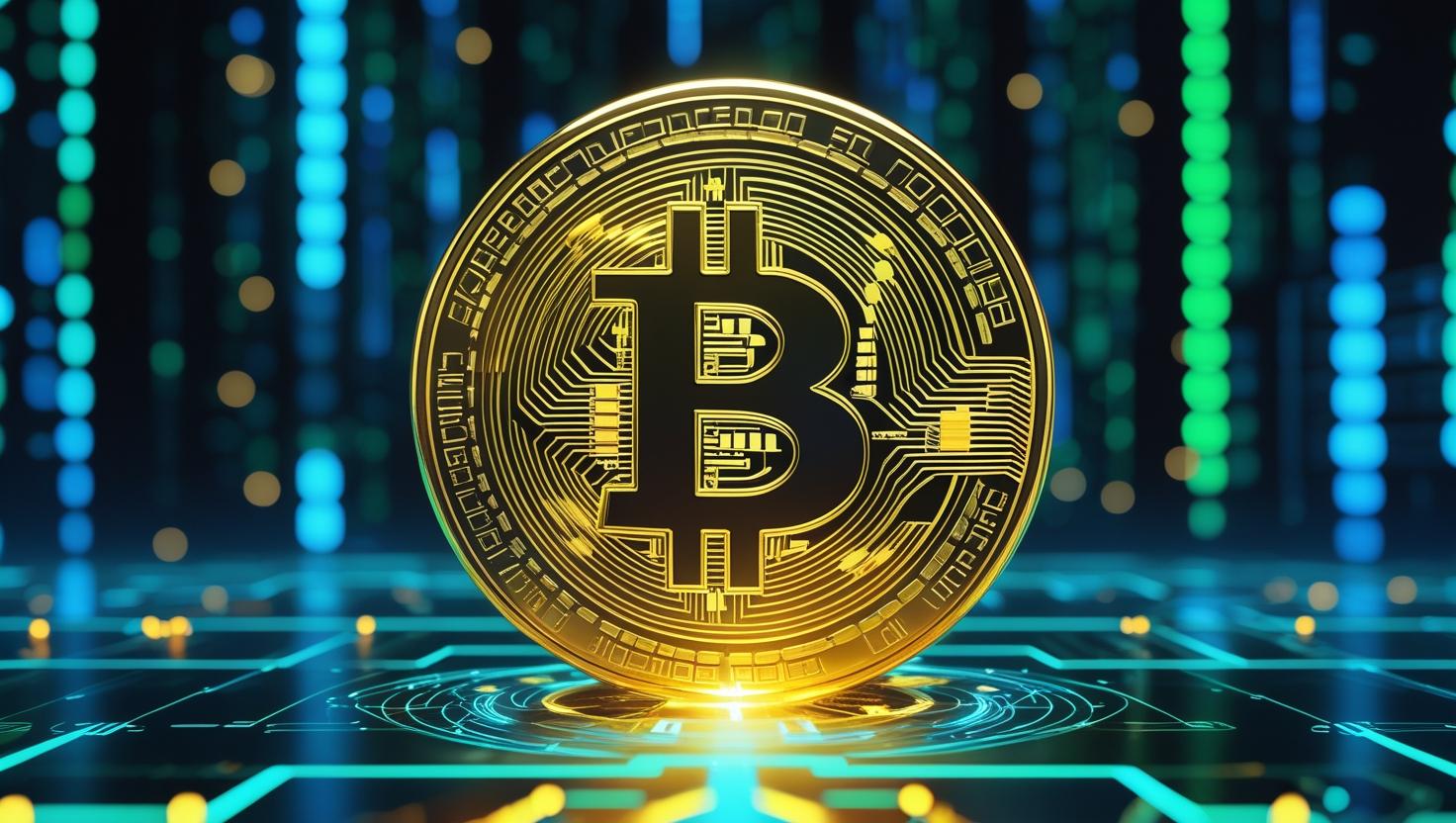Bitcoin (BTC) is the world’s first decentralized digital currency, created in 2009 by an anonymous person (or group) using the pseudonym Satoshi Nakamoto. It operates on a peer-to-peer blockchain network, eliminating the need for banks or governments to control transactions.
Key Features of Bitcoin
-
Decentralization
-
No central authority (like a bank or government) controls Bitcoin.
-
Transactions are verified by a global network of computers (nodes).
-
-
Limited Supply
-
Only 21 million BTC will ever exist (scarcity mimics gold).
-
Over 19.5 million are already mined (as of 2024).
-
-
Blockchain Technology
-
All transactions are recorded on a public ledger (transparent & tamper-proof).
-
Secured by cryptography and mining (proof-of-work).
-
-
Pseudonymity
-
Wallets are identified by addresses (e.g.,
1A1zP1...) rather than real names. -
Transactions are traceable but not directly linked to identities.
-
-
Global & Permissionless
-
Anyone with internet access can send/receive BTC, anytime, anywhere.
-
How Bitcoin Works
-
Mining: Computers solve complex math problems to validate transactions and earn new BTC as rewards.
-
Wallets: Software or hardware tools to store and manage BTC (e.g., MetaMask, Ledger).
-
Transactions: Sent directly between users without intermediaries.
Why Bitcoin Matters
-
Financial Freedom: Bypasses censorship and inflation (e.g., in countries like Venezuela).
-
Store of Value: Often called “digital gold” due to its scarcity.
-
Institutional Adoption: Companies like Tesla and MicroStrategy hold BTC on their balance sheets.
Challenges
-
Volatility: Prices can swing dramatically in short periods.
-
Scalability: Slow transaction times (~7 transactions/second vs. Visa’s 24,000).
-
Energy Use: Mining consumes significant electricity (though renewable energy use is growing).
Bitcoin vs. Traditional Money
| Aspect | Bitcoin | Fiat (e.g., USD) |
|---|---|---|
| Control | Decentralized | Centralized (Banks/Govt) |
| Supply | Fixed (21M) | Unlimited (Inflation) |
| Transactions | Borderless, fast | Slower for cross-border |
| Backing | Math & code (no physical) | Government trust |
Fun Fact
The first real-world Bitcoin transaction was in 2010, when a programmer paid 10,000 BTC for two pizzas (worth ~$600M today!).
Want to dive deeper? Ask about:
-
🛠️ How to buy/store Bitcoin safely
-
⛏️ How mining works
-
📈 Bitcoin’s price history and future predictions




